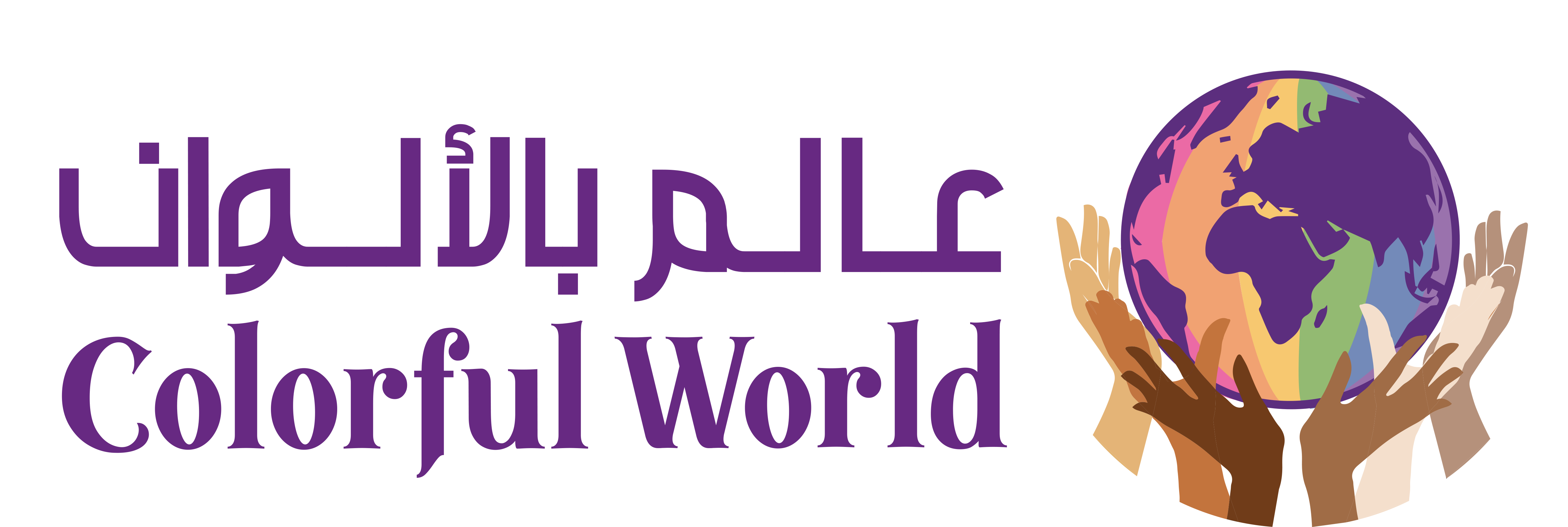الأقليات الجنسية والحق في المساواة :
برغم من أن الحق في المساواة هو جزء أصيل من مقصاد الامم المتحدة وفق ما جاء في المادة الأولى منه والتي تشير الى ” تحقيق التعاون الدولي على حل المسائل الدولية ذات الصبغة الاقتصادية والاجتماعية والثقافية والإنسانية وعلى تعزيز احترام حقوق الإنسان والحريات الأساسية للناس جميعاً والتشجيع على ذلك إطلاقاً بلا تمييز بسبب الجنس أو اللغة أو الدين ولا تفريق بين الرجال والنساء “.
إلا أنه مازلت الأقليات الجنسية بشكل عام والعابرون جنسياً وجندرياً بشكل خاص في غالبية بلدان العالم تعاني من التمييز والاقصاء والتهميش على كافة المستويات . فحتي الآن لا يوجد على المستوى العالمي بنية تشريعية تضمن وصول العابرين جنسياً وجندرياً إلى حقوقهم المشروعة اجتماعياً واقتصادياً، ويواجهون حواجز قانونية وتنظيمية تمييزية في الوصول الى الفرص المتعلقة بالاسواق والخدمات والمساحات المطلوبة لتطوير امكانيتهم الانتاجية ، وقدرتهم على كسب لقمة العيش.
وتشمل تلك الحواجز أشكالًا متعددة تحول دون وصولهم، إلى التعليم والتدريب وأسواق العمل والحماية الاجتماعية الشاملة والخدمات العامة، مثل الخدمات المرتبطة بالبنية التحتية ، السكن ، وغالبًا ما تتعرض الأقليات الجنسية والجندرية للتمييز عن تكوين منظماتهم، التعبير عن هويتهم ، وكذلك الاجراءات المرتبطة بتغيير النوع في أوراق الثبوتية.
ولا ينتهي الأمر عند هذا الحد ولكن يشمل باقي التشريعات المحلية مثل، التشريعات المرتبطة بالاحوال الشخصية، الميراث، والتشريعات المنظمة للملكيات الخاصة حتي إذا استطاعوا الحصول على أوراق ثبوتية تشير الى النوع الاجتماعي الذي تم تحديده وفق اختيارتهم الحر .
Sexual Minorities and the Equality Right
Although the right for equality is an integral part of the purpose of the Declaration of the United Nations, according to what was stated in its first article, which refers to “achieving international cooperation in resolving international issues of the economic, social, cultural and humanitarian nature, and in promoting and encouraging respect for human rights and fundamental freedoms for all people, without discrimination based on sex, language or religion, and there is no distinction between men and women.”
However, sexual minorities in general and transgender people in particular in most countries of the world still suffer from discrimination, exclusion and marginalization at all levels.
Till now, there is no legislative structure at the international level that guarantees transgender people’s access to their legitimate social and economic rights, and they face discriminatory legal and regulatory barriers in accessing opportunities related to markets, services, and spaces required to develop their productive potential and their ability to earn a living.
These barriers include many forms that prevent them from accessing education, training, labor markets, comprehensive social protection and public services such as services related to infrastructure and housing.
Sexual and gender minorities are often subjected to discrimination regarding the formation of their organizations, the expression of their identity, as well as the procedures related to changing the sex in the identification papers.
The matter does not end at this point, but includes the rest of the local legislation, such as legislation related to personal status, inheritance, and legislation regulating private property, even if they were able to obtain identification papers indicating the sex that was determined according to their free choice.

